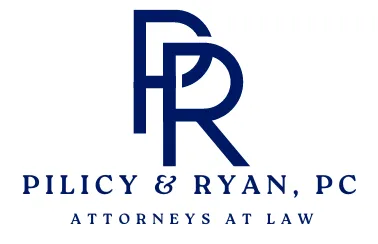Bank Loans for Capital Improvements
More often than not, it seems community associations find that, despite their best efforts, they are often short on funds when it comes to tackling major repairs and capital improvements. An entire division of the banking industry has now entered the business of lending money to community associations so that they can complete these needed repairs and improvements without having to issue costly and often controversial special assessments. While some association’s governance documents empower their Board to negotiate and obtain these loans, many do not address the issue at all. Even association governance documents that do address lending often have careful wording that requires consultation with a legal professional for most associations. Either way, it is a best practice for your association to seek qualified legal expertise to guide the association through the lending process BEFORE the first loan inquiry is made.
The first issues that the association will face are highly technical. Does the Board of Directors have the authority to take on debt in the form of a loan on behalf of the association? If not, what authority must the Unit Owners provide? Have the notices, proxies and/or ballots been properly drafted? Are the minutes accurate and do they include the necessary actions? What about existing mortgagees of the individual units within the association? Do they have to be in agreement with the association and given a vote before a loan can be considered? Some banks have their own internal requirements that exceed those found in the Common Interest Ownership Act and/or the Association’s Documents. For these reasons alone, a qualified community association attorney experienced with community association lending should be consulted.
Finally, once the technical obstacles have been dealt with there are other requirements of the lender including a legal opinion rendered as the association’s readiness and compliance with the bank’s loan. Lenders are looking for a legal opinion that the association’s documents allow for the loan, the association has complied with the recruitments in the Bank’s commitment letter and that the association is in compliance with local, state, and federal laws. This includes the Common Interest Ownership Act amongst others. This legal opinion needs to come from an attorney specializing in the practice of community association law.
Attorneys Franklin G. Pilicy and Chas A. Ryan specialize in working with community associations. Pilicy & Ryan, PC is experienced in successfully guiding community associations through the community association lending process. Get in touch with us today to discuss how our expertise can help your condominium or HOA obtain an HOA loan or line of credit for your next repair or capital improvement project.
Pilicy & Ryan, PC
235 Main Street
Watertown, CT 06795
Phone: 860-274-0018
Fax: 860-274-0061
The attorneys and staff of Pilicy & Ryan, PC strive to be accessible to clients, starting with a free consultation. One of our knowledgeable attorneys will meet with you one-on-one to discuss your concerns, your goals, your rights and your options in any legal matter.
To find out how our lawyers can help solve your legal conflict or protect your interests, please contact our office by phone or by completing the form on this page, and we will contact you as soon as possible.
**Disclaimer: The use of the Internet or this form for communication with the firm or any individual member of the firm does not establish an attorney-client relationship. Confidential or time-sensitive information should not be sent through this form.
Read our Privacy Policy here.
